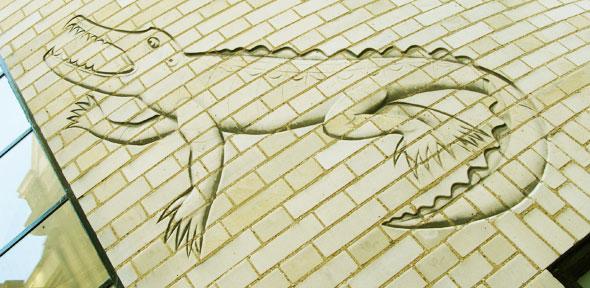
Students in history and philosophy of science and medicine write substantial, focused and independent theses that shape scholarship and engage audiences in many different ways. Contributing to the development of knowledge in the University of Cambridge is a rich and rewarding experience.
Expert guidance
The outstanding international reputation of our teaching staff is a key attraction.
PhD students work closely with a doctoral supervisor and advisor (usually both from the Department of History and Philosophy of Science but sometimes from other departments in the University). With the benefit of this expert guidance, students learn how to articulate, develop and present their own research. Students meet their supervisor and advisor several times a term to discuss an outline, consider research findings or go over a chapter. Consistent review and attentive feedback are integral to the supervisory relationship.
Applicants often find it helpful to contact a potential supervisor before submitting their application.
A thriving research community
Our research community offers invaluable academic and social perspectives.
With around 45 doctoral students, a strong cohort of MPhil and Part III students, postdoctoral researchers and teaching officers, the Department fosters an exceptionally active intellectual life. Thriving seminars, reading groups and workshops provide a focus, allowing students to help set the agenda and present their own work among peers. Students are supported throughout their studies, with close attention paid to methodological development, research skills and career advice.
The Department's Whipple Library is an unparalleled specialist collection for history and philosophy of science and medicine, while other libraries in Cambridge provide access to archival and documentary resources invaluable for research on the sciences. At the heart of the Department is the Whipple Museum, a world-class collection of scientific instruments and models; some students research these objects.
Valuable teaching experience
Cambridge offers PhD students unusually valuable teaching experience through the chance to give supervisions (tutorials) for undergraduates taking History and Philosophy of Science courses. PhD students are paid by the Colleges for this service. The University and the Department provide training in supervising undergraduates.
